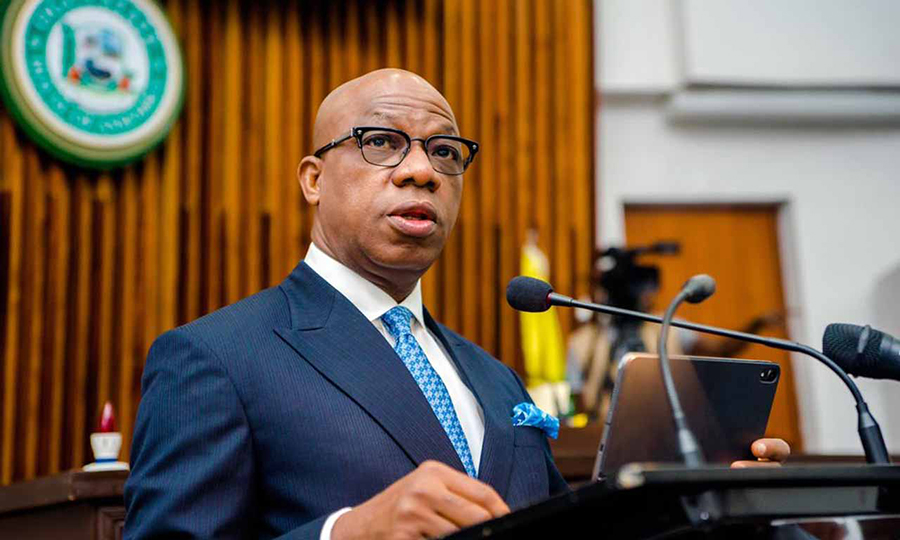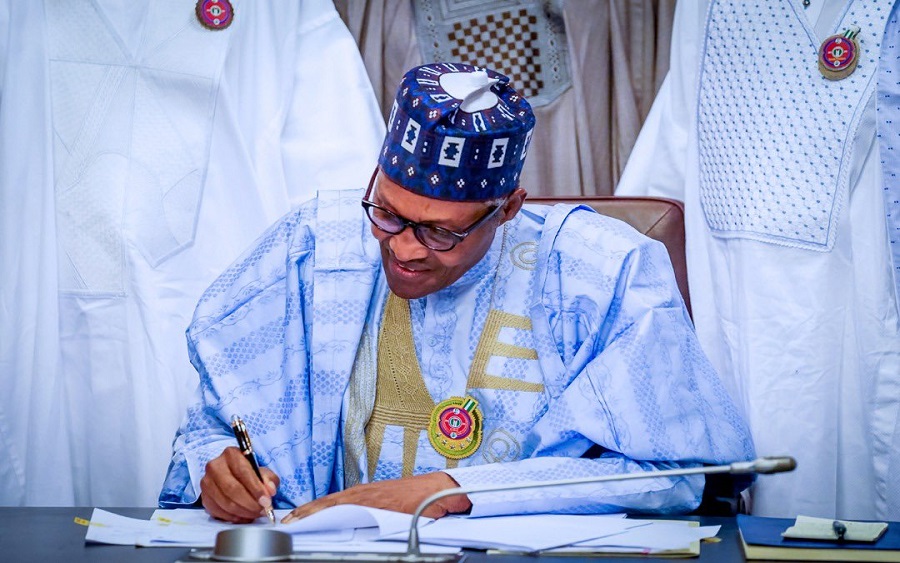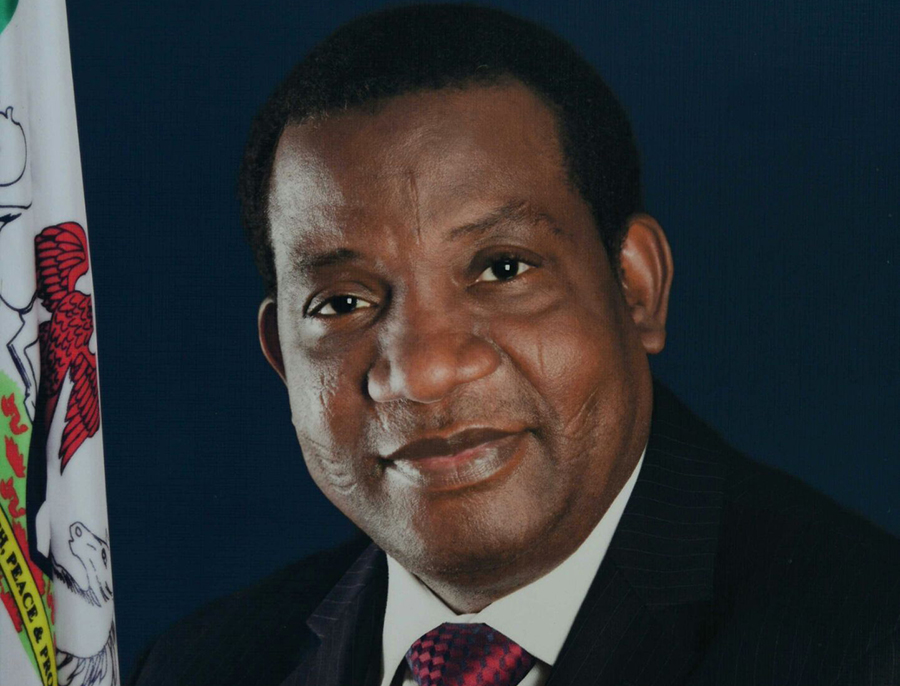The Ogun State House of Assembly has approved the state’s 2021 Appropriation Bill worth N338.6 billion, after making adjustments to the recurrent and capital expenditure.
According to the News Agency of Nigeria, the passage is sequel to the presentation of a committee report on the 2021 budget during plenary sitting yesterday. A committee chaired by the Leader, House Committee on Finance and Appropriation, Mr. Olakunle Sobukanla, was earlier charged to study the 2021 budget proposal and present the reports before the House.
Sequel to the committee report on the 2021 Appropriation Bill, the total recurrent expenditure was increased from N141.7 billion to N146.5 billion, while capital expenditure was reduced from N176.6 billion to N171.8 billion.
The report also noted that there were adjustments in the recurrent expenditure of 29 agencies and capital expenditure of 27 others.
What you should know
- Nairametrics reported that the Executive Governor of Ogun State, Dapo Abiodun, on December 2, 2020 presented the state’s 2021 budget tagged “Budget of Recovery and Sustainability,” worth N339 billion to the House for approval.
- The 2021 budget estimates is N110.974 billion less than the 2020 proposal of N449.974 billion.
- Following the review of the 2021 budget proposal based on the recommendations by the Sobukanla led committee, the revenue targets of 18 ministries/agencies were modified, while internal loan reduced from N98.3 billion to N95.7 billion.
- Revenue projections were upwardly reviewed from N119.1 billion to N121.8 billion.
- Capital receipts were reduced from N142.1 billion to N139.5 billion.


















